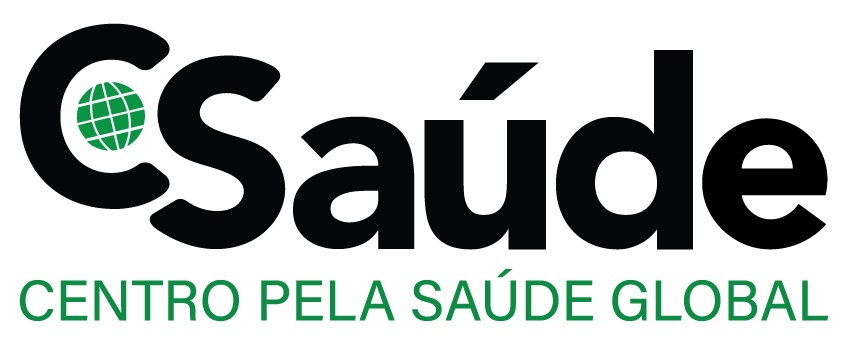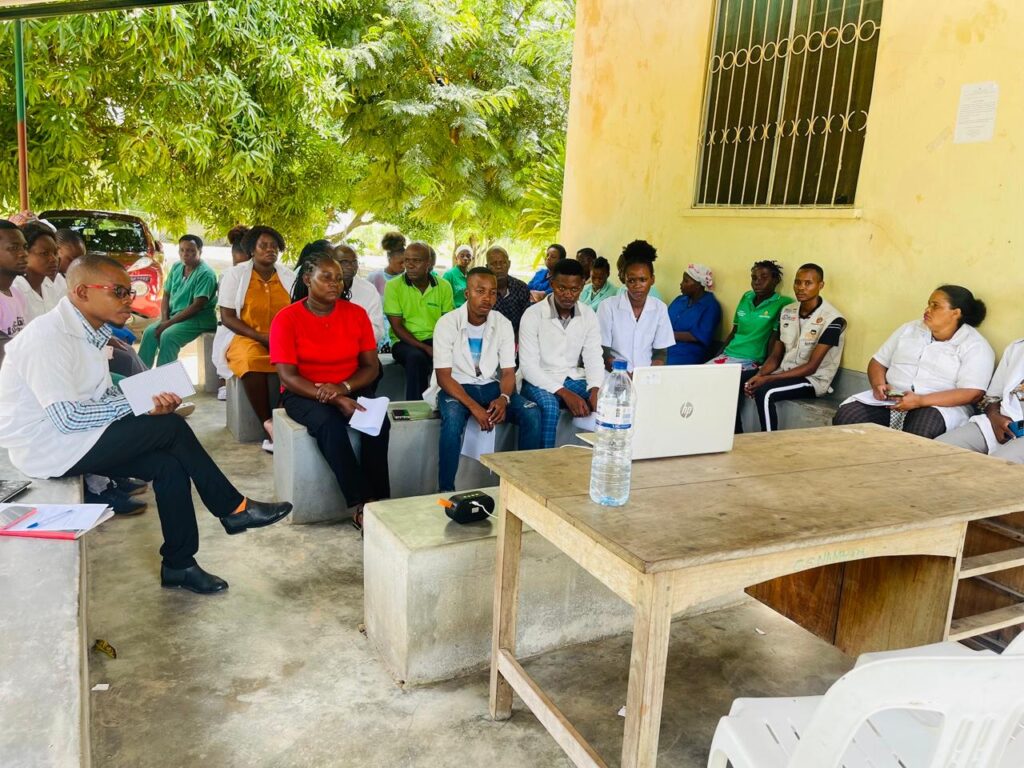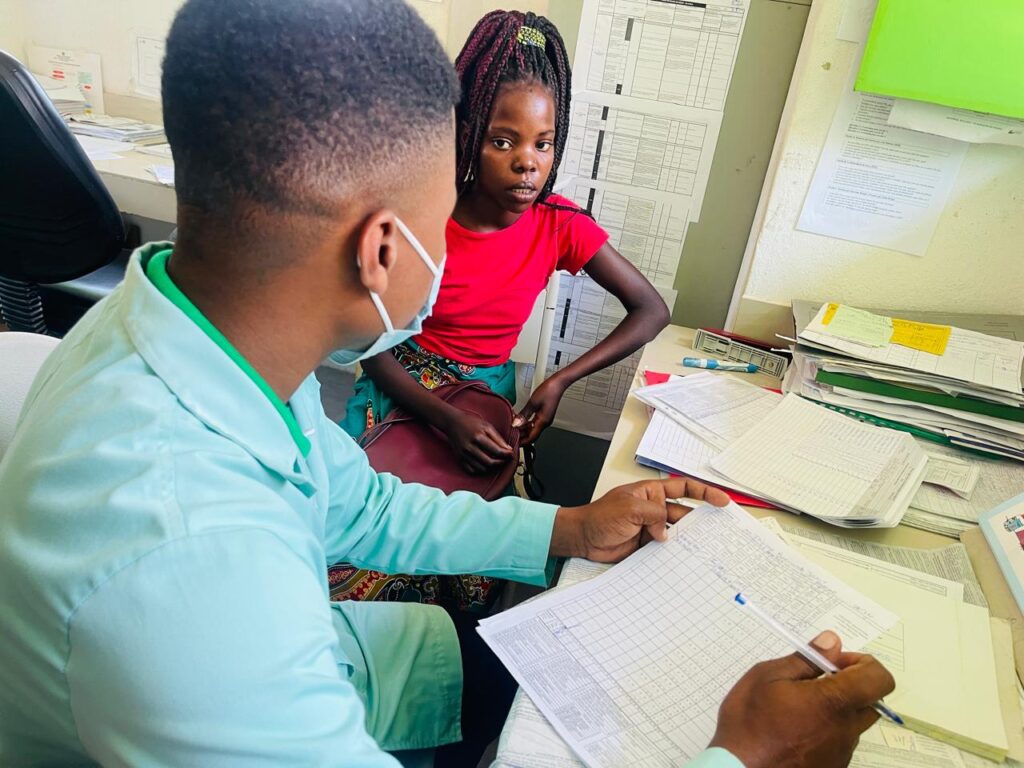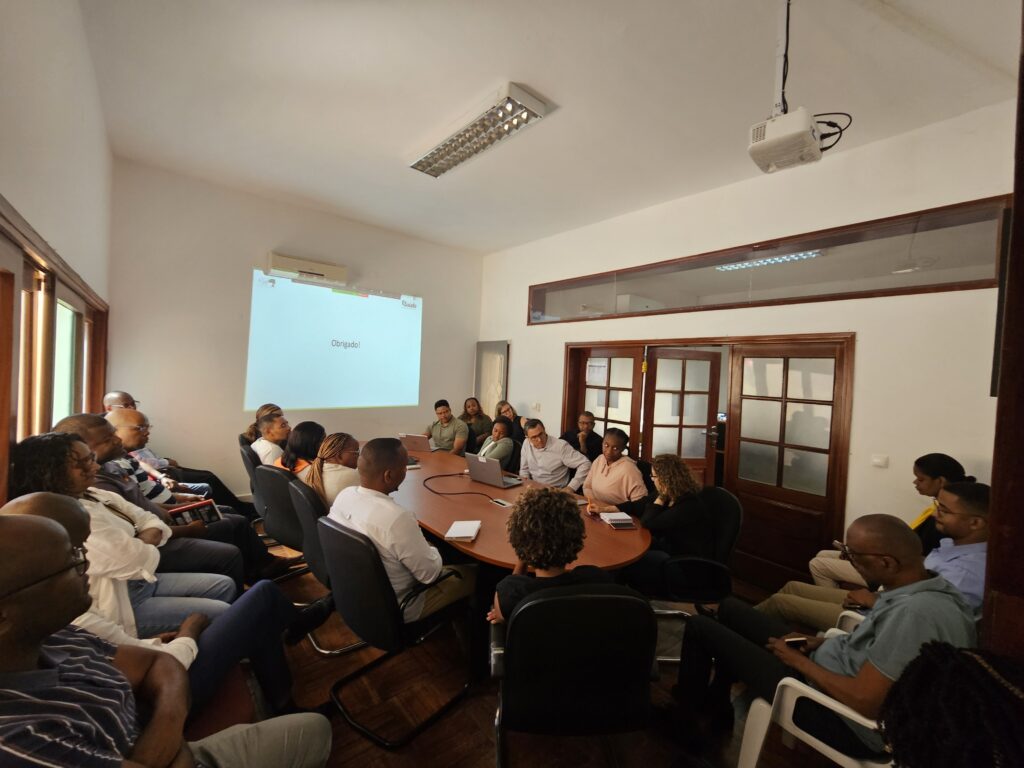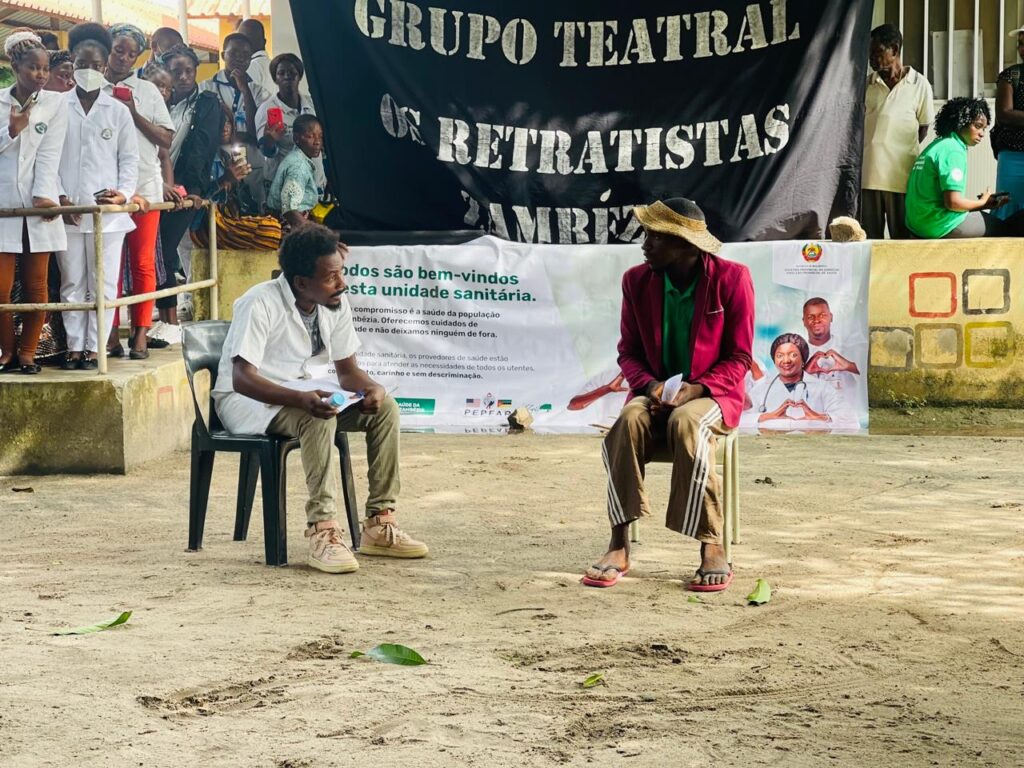C-Saúde supports training of health professionals in human rights issues
On the last Monday, September 16th, the professionals of Nicoadala health facility in Zambézia province, participated in an important training session focused on human rights with the aim of fostering humanized care. The event aimed to equip staff with the skills necessary to provide healthcare services that prioritize the dignity, empathy, and respect for the needs of patients and users. The training was conducted by certified health professionals and included the participation of receptionists, nurses, nursing technicians, and other staff from the unit. During the training, topics such as the importance of clear communication, active listening, and family involvement in the care process were addressed. The goal of C-Saúde is to contribute to the improvement of patient care by promoting a more welcoming and respectful environment. We believe that humanized care is essential for the recovery and well-being of patients. Participants also had the opportunity to discuss practical cases and share experiences, creating a space for collective learning and knowledge exchange. Additionally, interactive activities were proposed to develop the emotional and behavioral skills necessary for more humane care. This initiative is part of a strategy by the Ministry of Health (MISAU) aimed at enhancing the quality of care in health services and reflects the commitment of the Nicoadala health facility to ensure excellence in service to the community. We expect that, with the implementation of the lessons learned during the training, professionals will be able to forge stronger bonds with patients, ensuring a more positive and effective experience during their interactions with users. The training on human rights was funded by PEPFAR and implemented by C-Saúde as a crucial step in transforming the local healthcare system, emphasizing the importance of placing the human being at the center of care. Through actions like this, the Nicoadala health facility reaffirms its commitment to promoting health, welcome, and dignity for all users. The training involved 45 professionals linked to the Nicoadala Health Center, located in the headquarters. Training is also being implemented for professionals from other healthcare units in the district, including Derre.
